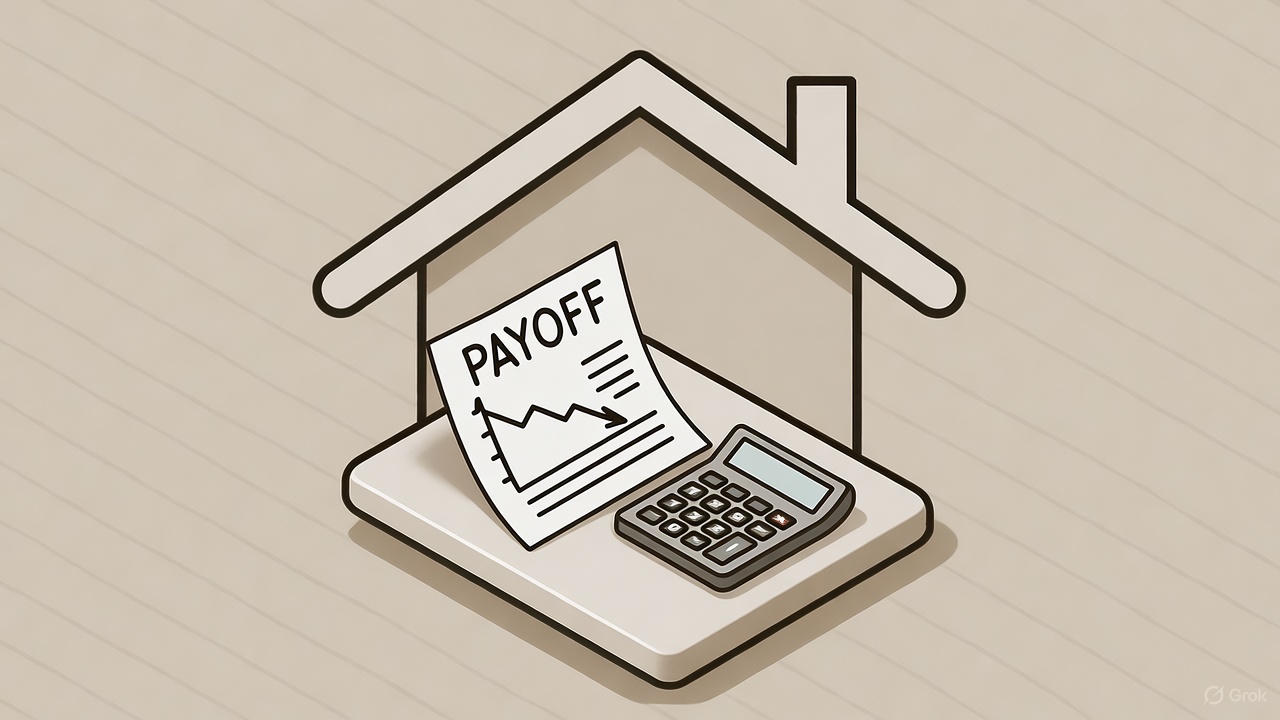Getting news that your Raleigh home appraises below contract price feels like a punch to the gut. But this isn’t the end of your homebuying story—you have four clear paths forward, and the right choice can still get you to closing.
Why Appraisals Come In Low
Appraisers look backward while buyers bid forward. They rely on closed sales from 90-180 days ago, while you’re competing based on today’s market energy. In fast-moving Raleigh neighborhoods, this creates natural tension.
Other factors include conservative appraiser mindset, limited comparable sales, unique property features, or recent market corrections. The appraiser’s job is risk management for the lender, not matching your enthusiasm for the home.
Your Five Options When Facing A Gap
When appraisal comes in short, you control the next move. Here’s your decision tree:
Option 1: Request reconsideration of value (ROV)
Option 2: Negotiate with seller for price reduction
Option 3: Cover the gap with additional cash
Option 4: Close with new loan terms if gap works
Option 5: Walk away using appraisal contingency
Most successful buyers combine approaches—challenge the appraisal while negotiating with the seller. Option 4 works when you’re already making a large down payment and the lower appraised value still supports your financing at different loan-to-value ratios.
When To Fight Vs When To Negotiate
ROV requests face an uphill battle unless the appraiser used completely wrong comparables. Appraisal is an opinion, and having a different opinion of the data is normal. Most ROV attempts fail because appraisers rarely change their conclusions without clear errors.
VA loans offer the best appeal process with Tidewater notices and formal ROV procedures—the only loan program with official appraisal rebuttal systems.
Your agent’s comparative market analysis becomes ammunition. If they identified solid recent comps the appraiser missed, package those for review. Skip the challenge if the appraisal seems reasonable—focus energy on seller negotiations instead.
How Gap Coverage Actually Works
Lenders use the lower of the appraisal or purchase price for loan calculations. This creates the gap you need to bridge with cash.
Example: $450,000 contract that appraises at $430,000. You can still bring your planned $45,000 cash. The difference? $20,000 covers the gap, leaving $25,000 as down payment (just over 5% down on the $430,000 loan). This works for most loan programs except investment properties.
Alternative: Switch to a lower down payment program if possible. Gift money can sometimes help, but check loan program restrictions first.
Common Mistakes That Cost Deals
Timing traps that derail closings:
- Waiting too long to request reconsideration—most lenders need 3-5 business days minimum for review.
- Demanding the seller cover the full gap without offering alternatives or compromise.
- Assuming you can’t proceed because you lack immediate cash—some gaps get resolved through seller credits or lender negotiations.
- Walking away without exploring all options—the appraisal contingency is your safety net, not your first choice.
Wake County Market Context
Raleigh’s diverse neighborhoods create different appraisal challenges. Established areas like North Hills or Cameron Village have rich comparable sales data, making low appraisals less common. Newer developments in Cary or Apex might face comps shortages during rapid growth phases.
Durham’s revitalization areas and Charlotte’s hot submarkets can see appraisal gaps during momentum shifts. Recent sales volume in your specific ZIP code affects how much negotiating room exists.
FAQ
You have five main options: request a reconsideration of value, negotiate with the seller, cover the gap yourself, close with adjusted loan terms if the numbers work, or walk away using your appraisal contingency.
Sellers often split the difference or offer partial credits. In buyer-friendly markets, they may cover the full gap to keep the deal moving.
Yes, if you have strong comparable sales or recent improvements. Provide your agent’s CMA and any missed property details to the lender for review.
Often yes, but check with your lender first. Gift funds usually need to be documented and may have limits based on your loan program.
Facing an appraisal challenge?
I’ll review your situation and map out every option—from reconsideration strategies to negotiation approaches. You’ll know exactly which path gives you the best shot at closing.
Need immediate guidance? 984-289-6479 · wolff@michaelthebroker.com




